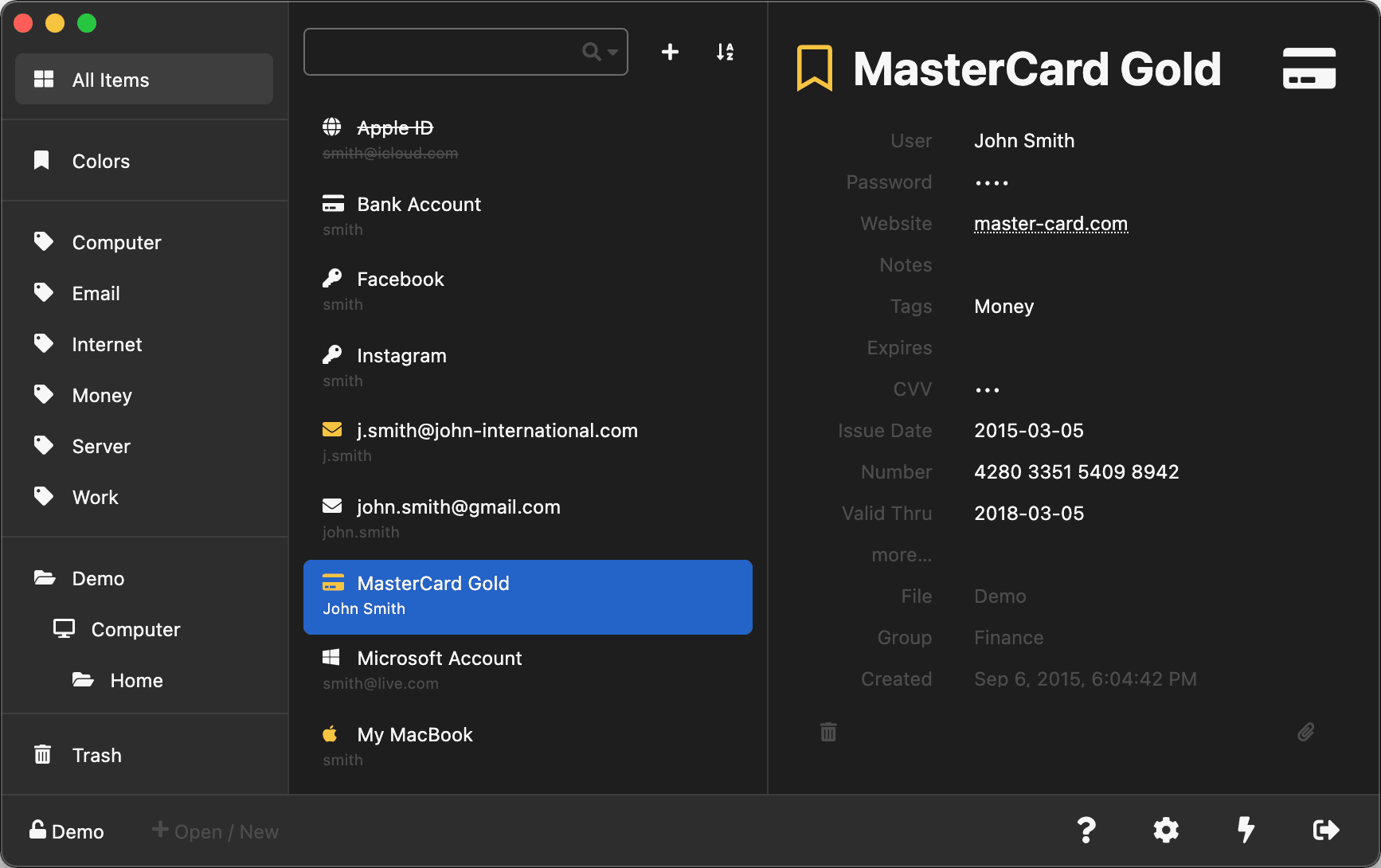

A report from LastPass in 2017 showed that, on average, people had to remember 191 different passwords just for their work, not to mention their personal use.įortunately, you don’t need to remember all those passwords. However, things are much more complicated today. Why should you use a password manager?ĭuring the early days of the Internet, you may have had a handful of passwords for several essential web apps that you used to study, shop, stay connected, and get work done. SSOs can also reduce the time amount that IT spends troubleshooting and resetting forgotten passwords. Instead, the single sign-on provider vouches for your identity.īusinesses prefer SSOs to other password manager types, mainly because it’s a secure and convenient way for employees to access the app they need to get their jobs done. Likewise, when using SSO to log in an app, you must not verify your identity. When you enter a foreign country, the passport tells the officials at customs and immigration that your country of citizenship couches for you and that you should be allowed to enter with minimal hassle. Unlike password managers that store unique passwords for every app you use, SSO lets you use one password for every app. Web-based password managers can come in various forms, most commonly as a browser extension, desktop app, or mobile app. The main benefit of cloud-based password managers is that you can access your password vault from any device as long as you have an Internet connection. This type stores your encrypted passwords on the service provider’s network, and the service provider is directly responsible for the security of your passwords.

Some locally-installed password managers strike the right balance between convenience and privacy by allowing users to create multiple password vaults across their devices and sync them when they connect to the Internet. This type is an excellent choice for people who don’t want their data stored on someone else’s network. You cannot access those passwords from any other device, and in case you lose the device, you’ll lose all the passwords stored there. Everyone should be using one.” What are the common types of password managers? Desktop-basedĭesktop-based password managers store all your passwords locally on your device in an encrypted vault. “Password managers are not a magic pill,” Lujo Bauer, an associate professor and security researcher at Carnegie Mellon University, says, “but for most users they will offer a much better combination of security and convenience than they have without them. Your login data is locked down and, at the same time, remains right at your fingertips. To get all that security, you only need to remember a single password, which is used to unlock your so-called vault. Meanwhile, it protects all your vital online information, including passwords, PINs, credit card numbers, three-digit CVV codes, answers to security questions, and more, with encryption so strong that it might take hackers between decades and forever to crack. What is a password manager?Ī password manager generates, retrieves, and keeps track of super-long and crazy-random passwords across countless accounts for you. Typically, these passwords are stored in an encrypted database and locked behind a master password.
BEST PASSWORD MANAGER FOR MAC 2015 FREE
That’s why in addition to paid services, we’ve also added the best free and secure password managers out there. Nevertheless, we understand that not everyone has a lot of money to spend. The hassle of remembering passwords will evaporate with a password manager, allowing you to set tricky and unique passwords for every single account. If you’re tired of remembering passwords for all of your online accounts and services, a password manager might be a decent choice for you!


 0 kommentar(er)
0 kommentar(er)
